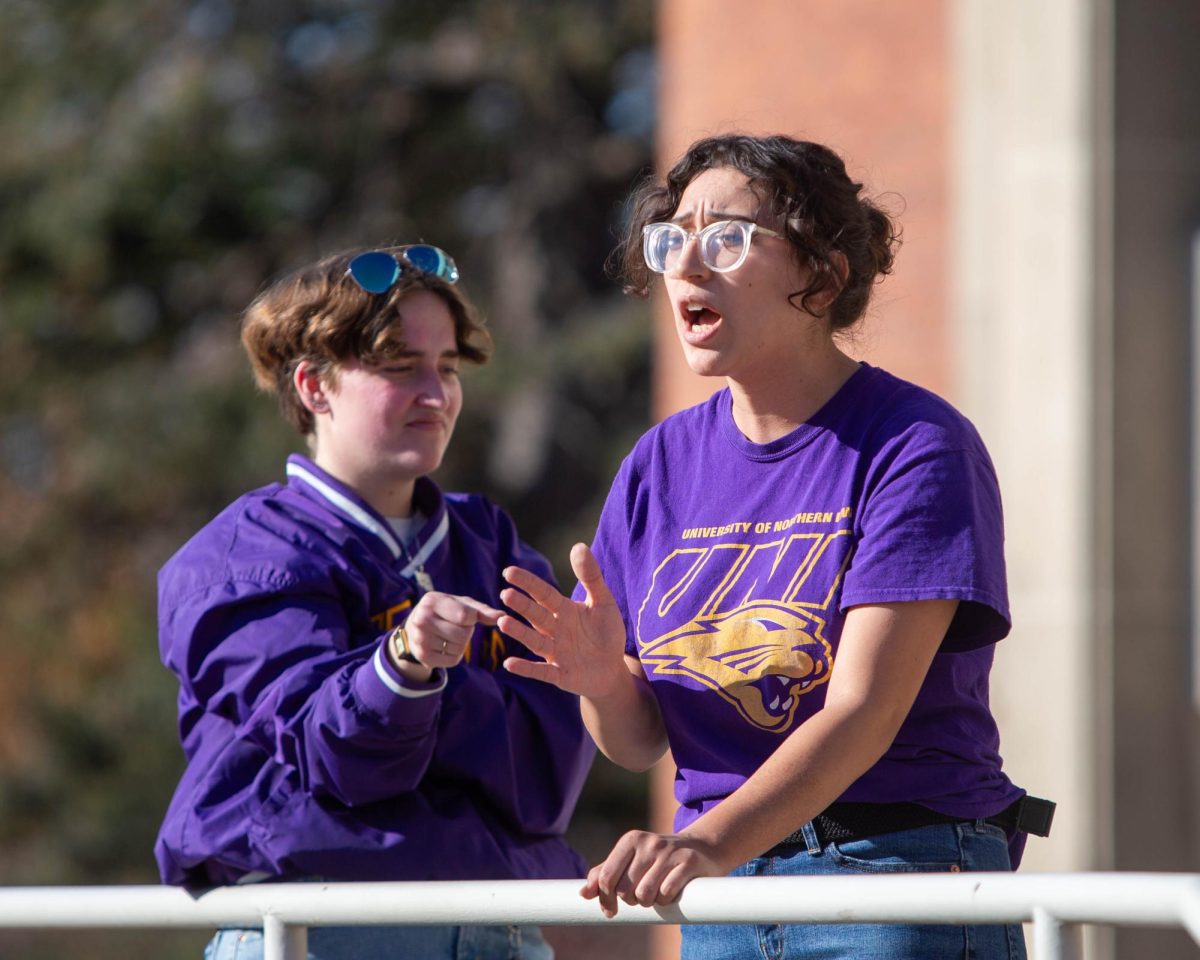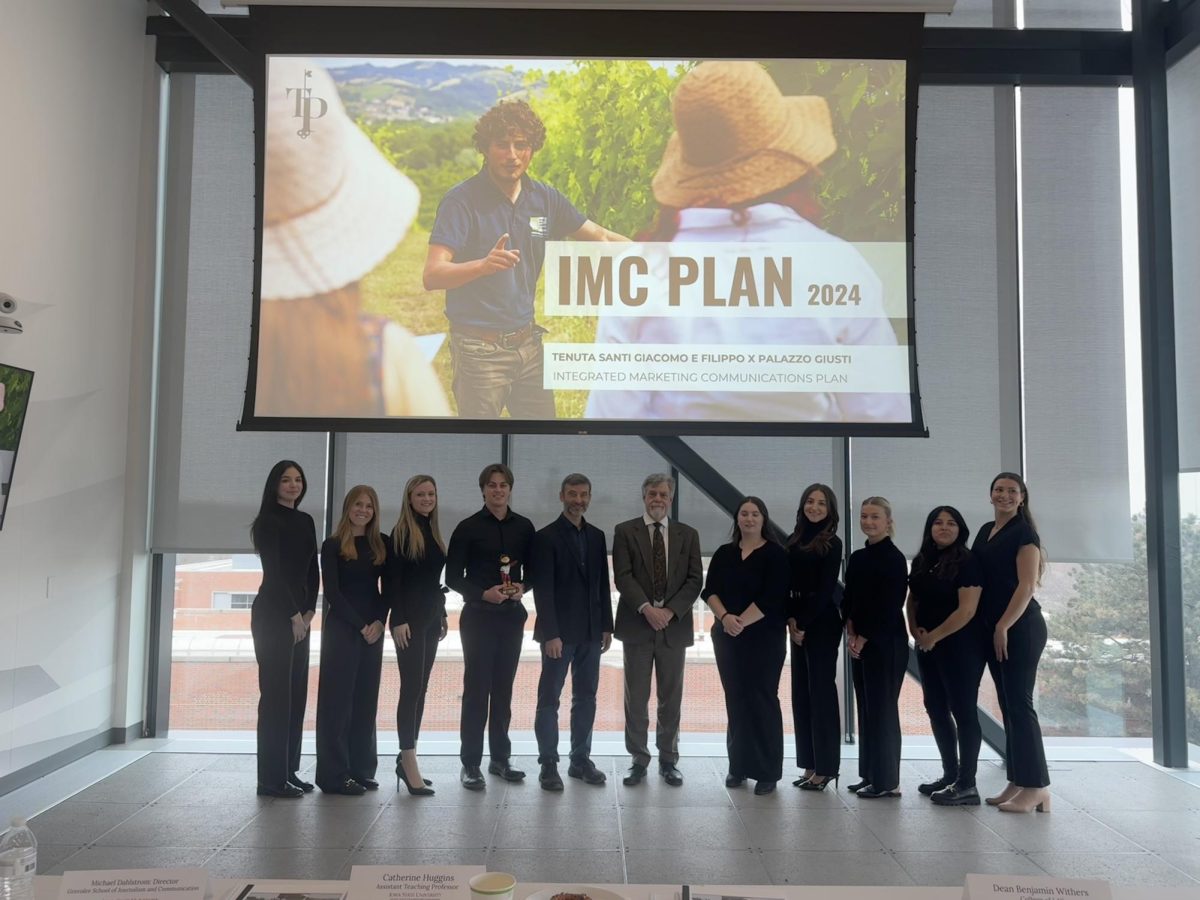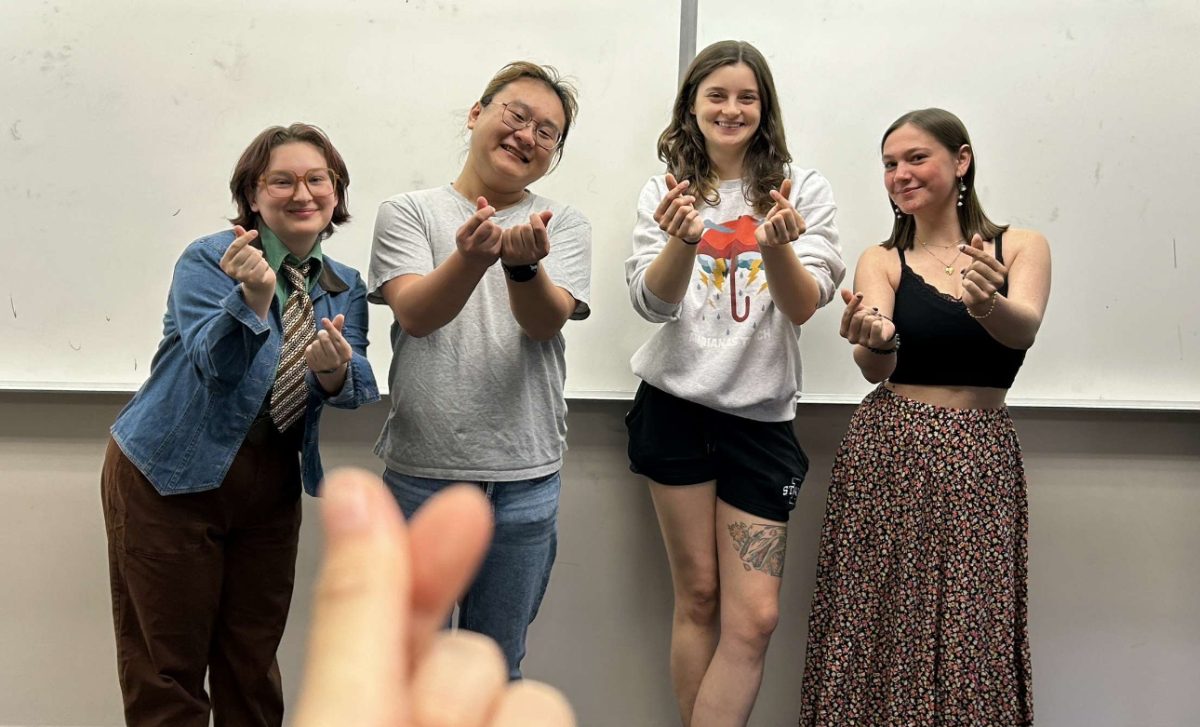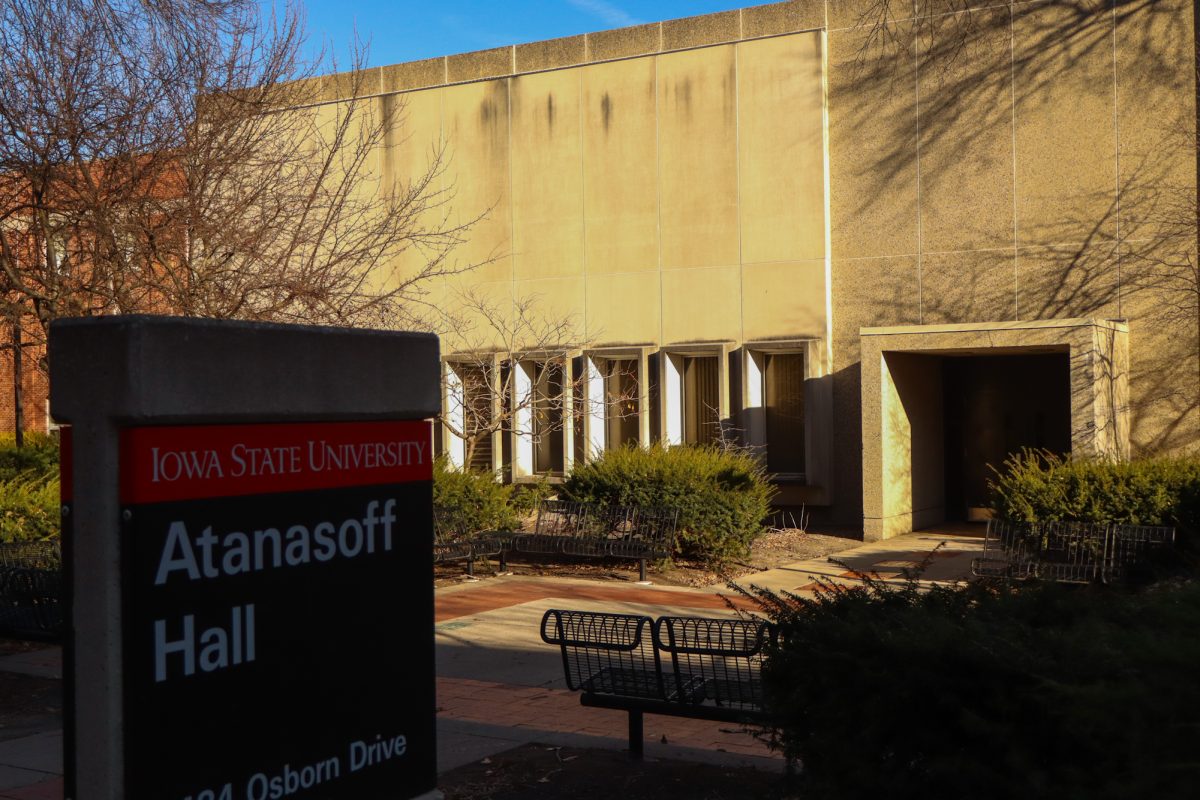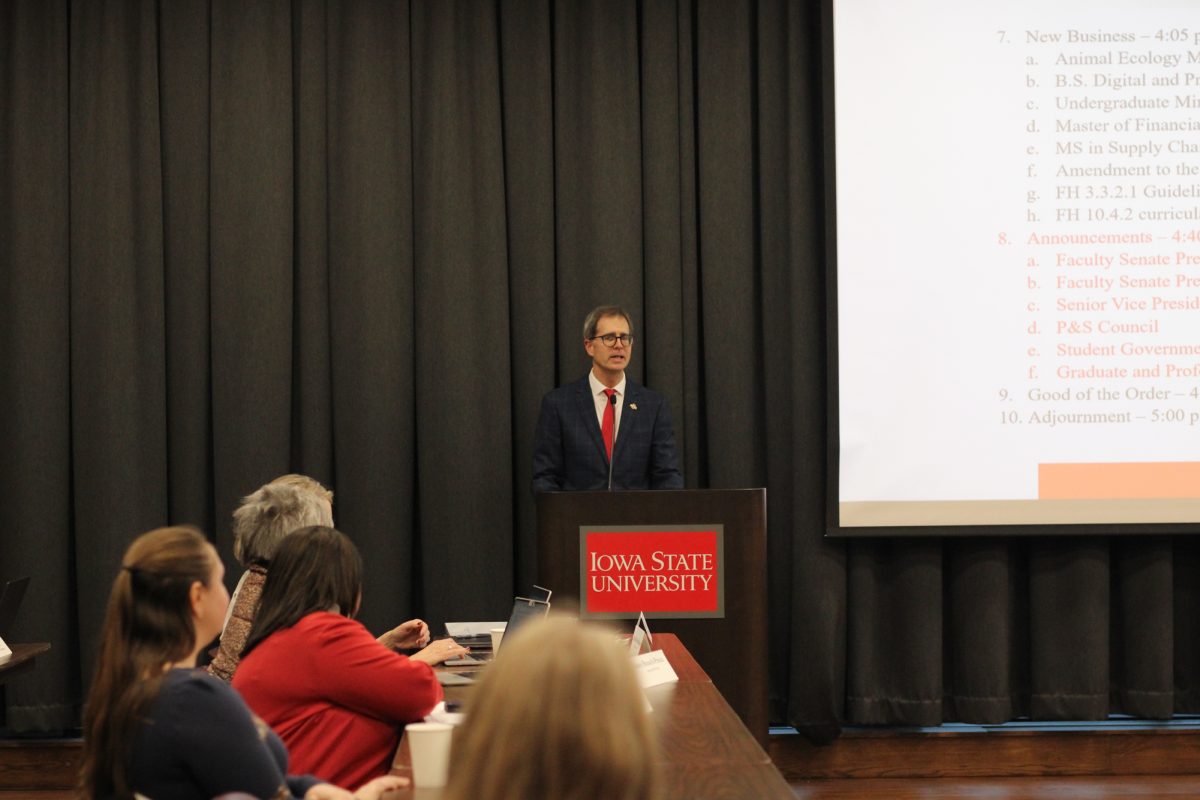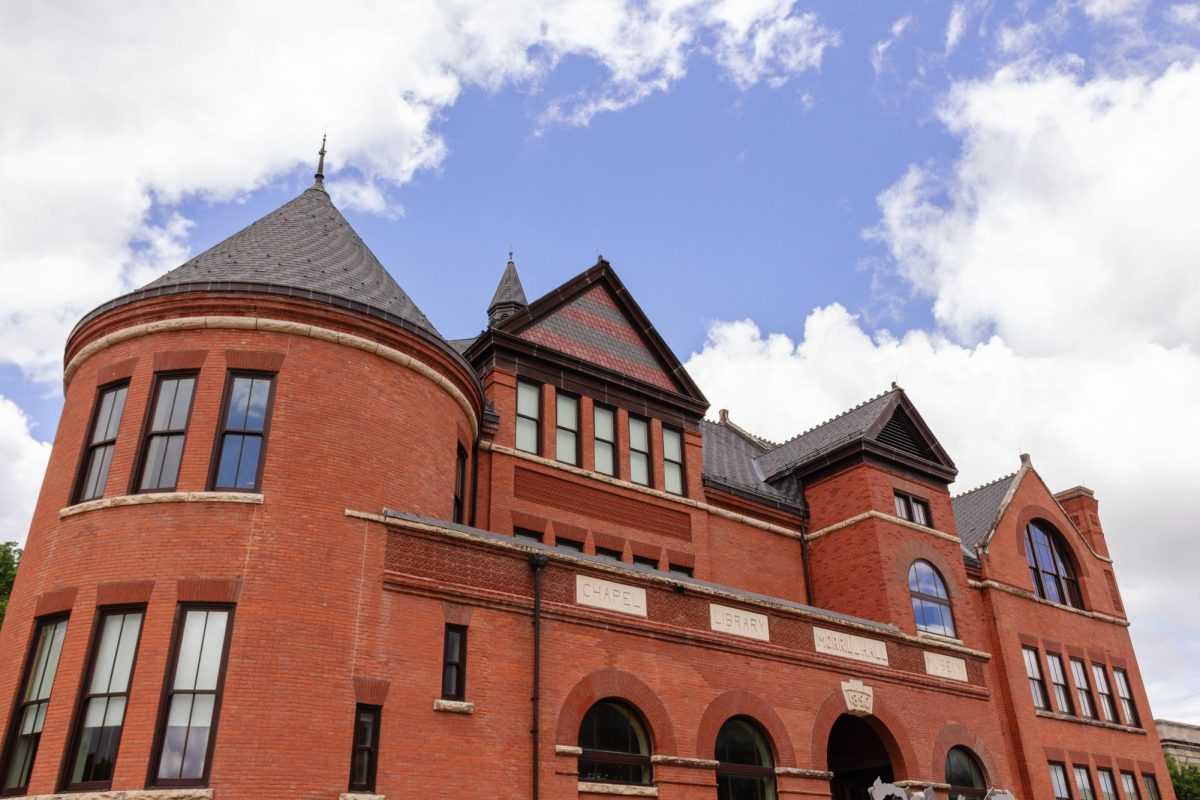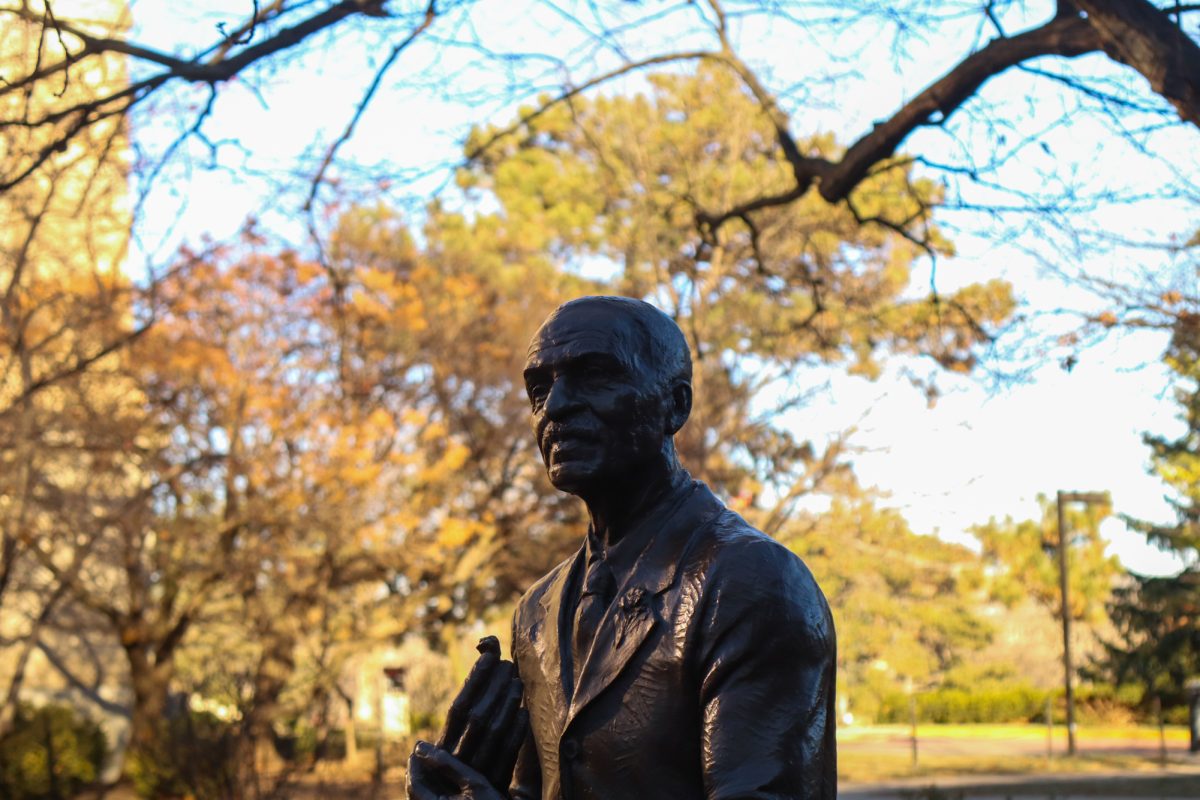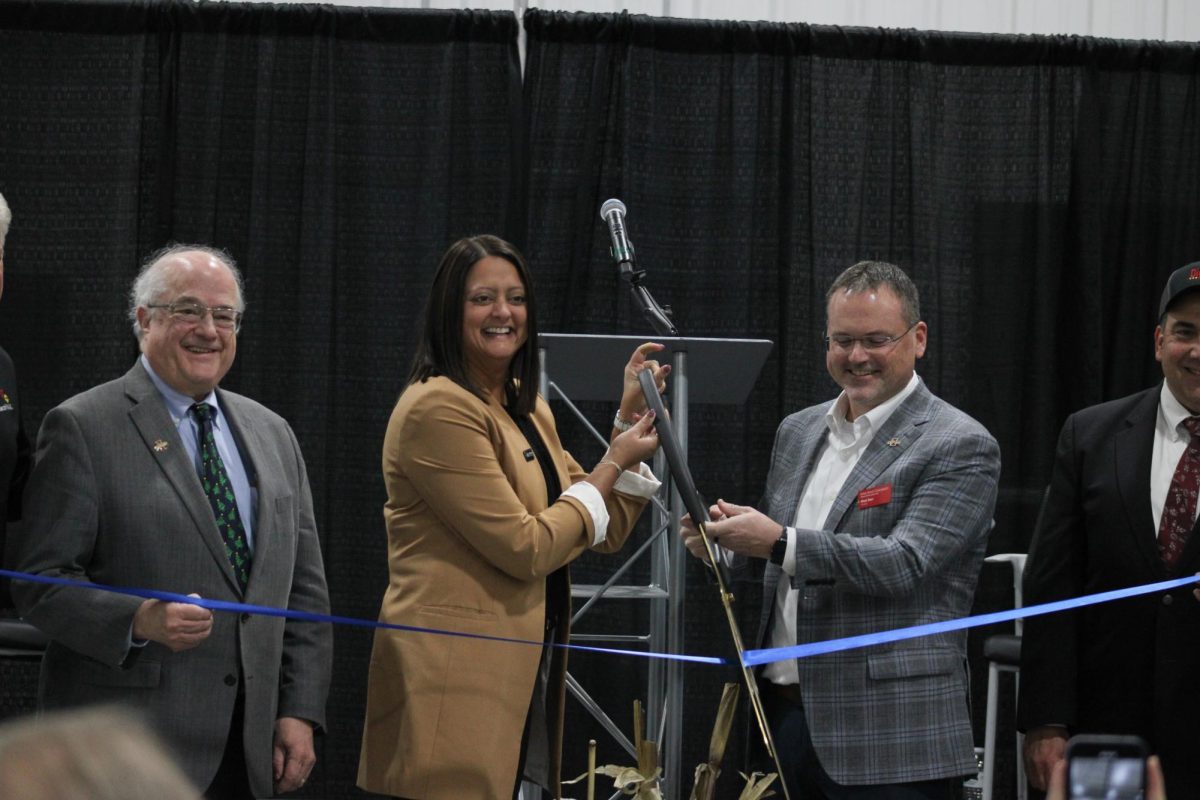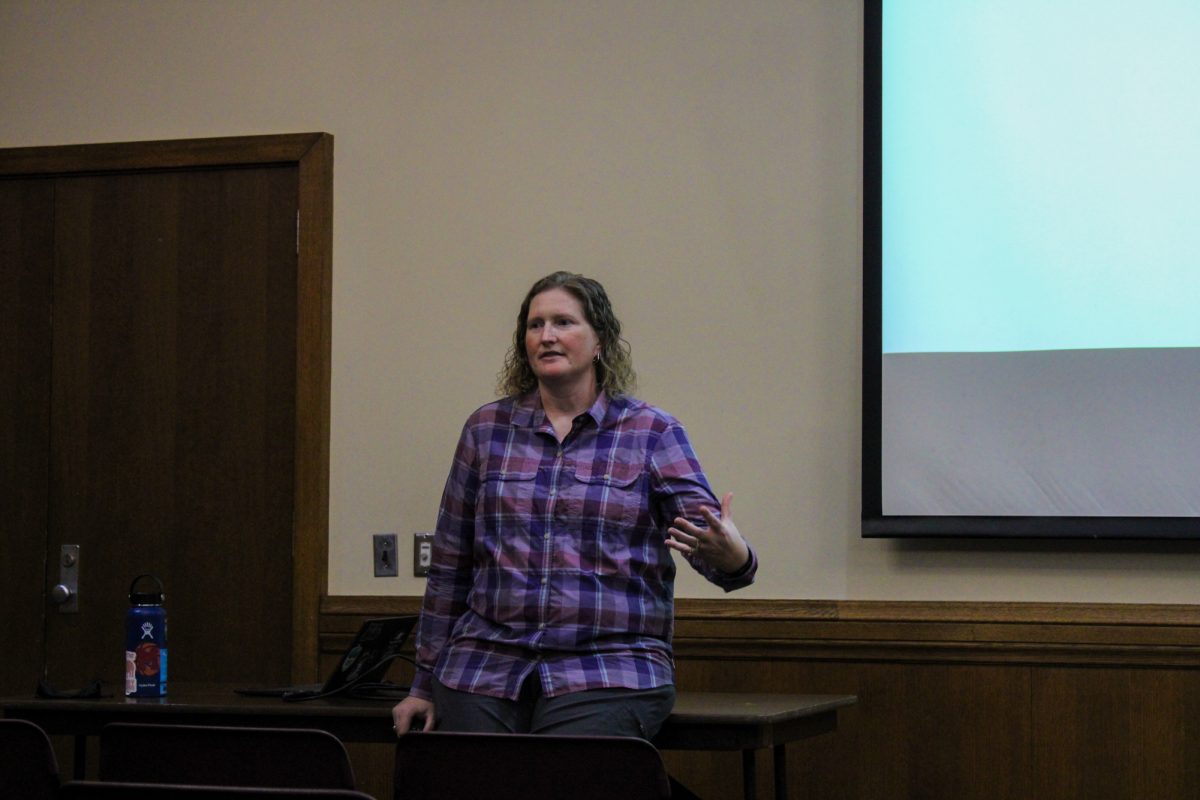A CYTown infrastructure budget increase and two College of Veterinary Medicine improvement plans will receive a final vote Thursday after moving out of committee.
The Board of Regents heard from institutional leaders regarding financial, project and campus safety updates and heard the biennial faculty activities report. The meeting closed with open forum participants speaking against the diversity, equity and inclusion report, which the board will review Thursday.
CYTown parking and infrastructure improvements
A 32% increase to the CYTown Phase 1 and Phase 2 budget was advanced and will be voted on at Thursday’s meeting. The revised project description and budget for CYTown for parking and infrastructure improvements, which received no questions from the property and facilities committee, would cost from $28.5 million approved in 2022 to $37.7 million.
Phase 2 of the project would finish all parking and utility infrastructure and complete the establishment of the corridor that will host the buildings of the planned entertainment district. The project would also relocate the CyRide transit hub located in the lot.
The construction line item, a $9.18 million increase, makes up the majority of the $9.2 million increase. The contingency line item will decrease, and the planning, design and management line item will increase by more than $100,000.
As with Phase 1, Phase 2 would raise the grounds of the parking lots yet to be completed five feet above the flood plain of Ioway Creek.

“The existing parking lots have multiple maintenance issues and need replacement,” Heather Paris, associate vice president for finance, said. “Phases 1 and 2 would improve 4,200 parking stalls serving the Iowa State Center, Jack Trice Stadium and parking for approximately 2,000 daily commuters.”
The source of funds, not independently identified by amount, are listed as Iowa State Athletics Department, private giving and university funds.
According to the comprehensive fiscal report, the athletics department ran a positive budget by $3.96 million.
Vet Med pet cancer clinic remodel and addition
Iowa State requested permission from the regents to proceed with project planning for the Lloyd Veterinary Medicine Pet Cancer Center Remodel and Addition project Phase 2, a project estimated to cost up to $6.75 million, funded by university funds and private giving.
The property and facilities committee moved the request to be approved by the full board at Thursday’s meeting.
The project would affect more than 5,000 square feet of space at the College of Veterinary Medicine, including 2,000 square feet of new space to house the clinic’s Comparative Oncology Center.
“This project will enhance the Hixson-Lied Small Animal Hospital’s capacity to address Iowa’s pet population’s growing care needs,” Paris said.
Paris said the project would also grow net fee-for-service revenues, better position Iowa State to compete for funding and efficiently execute clinical research trials.
The new build and the renovation of rooms and a corridor to develop the Iowa State Pet Cancer Clinic would “allow ISU to integrate hospital operations, generate workflow efficiencies and establish operational continuity,” according to regents documents.
Vet diagnostic Phase 2
The board advanced the project description and budget for Phase 2 of the Veterinary Diagnostic Lab out of committee and is expected to be approved in Thursday’s meeting.
Approval means permission to proceed with construction, estimated to be completed in fall 2026.
Phase 1 of the Veterinary Diagnostic Laboratory is slated to be completed in early 2024, according to regents documents, delayed from previous reports that the project would finish in fall 2023.
The project would add 78,500 square feet to the Phase 1 project and is estimated to cost $66.5 million. Funding would come from state and local fiscal recovery funds ($40 million), state appropriations ($18 million), university funds ($6.5 million) and private giving ($2 million).
Phase 2 would “co-locate all remaining VDL functions under one roof, including diagnostic research activities, laboratory testing sections and administrative staff, all currently across the street in the College of Veterinary Medicine,” according to the agenda item description.
“The additional space will provide optimal process flow, require functional relationships, appropriate biocontainment and biosafety and address the required growth and critical programmatic space needs,” Parris said.
Education incentive plan
The College of Business received approval for three years of operation for a program incentivizing staff to host seminars.
The program, the Custom Education Services Incentive Plan (CESIP), offers pay up to 20% of annual base salary for faculty in the College of Business to host seminars, workshops and other educational services to corporate clients.
According to Kristin Bauer, associate counsel and director of human resources and merit systems for the Board of Regents, income for faculty participating in the program is based on the income from their program.
According to the college, the expertise of the College of Business faculty matches the content desired by companies and provides an opportunity to market graduate degree programs.
The program was a one-year pilot program and will now operate for years to come.

“These programs will increase revenues to the Ivy College of Business to further its teaching, research and outreach missions,” regent documents state. “The CESIP will allow faculty who are meeting or exceeding expectations in all areas of their position responsibility statement the opportunity to earn additional compensation for delivering custom education programs to corporate clients. The CESIP will be a useful tool to make faculty salaries more competitive and improve faculty recruitment and retention.”
Chief safety officers from each of the three regent institutions shared an update on crimes reported as part of the Clery Act.
Chief Michael Newton from Iowa State and Mark Bullock from the University of Iowa commented on the SafeRide features offered at the university and expressed the programs were being utilized. At the University of Iowa, the program is funded by alcohol sales at home football games, a concession offering not currently permitted in Jack Trice Stadium.
After canceling open forum following an outburst from graduate students at the meeting in Iowa City in September, the regents heard from open forum participants during the meeting Wednesday.
Multiple participants spoke against the report the board will hear Thursday regarding diversity, equity and inclusion.


